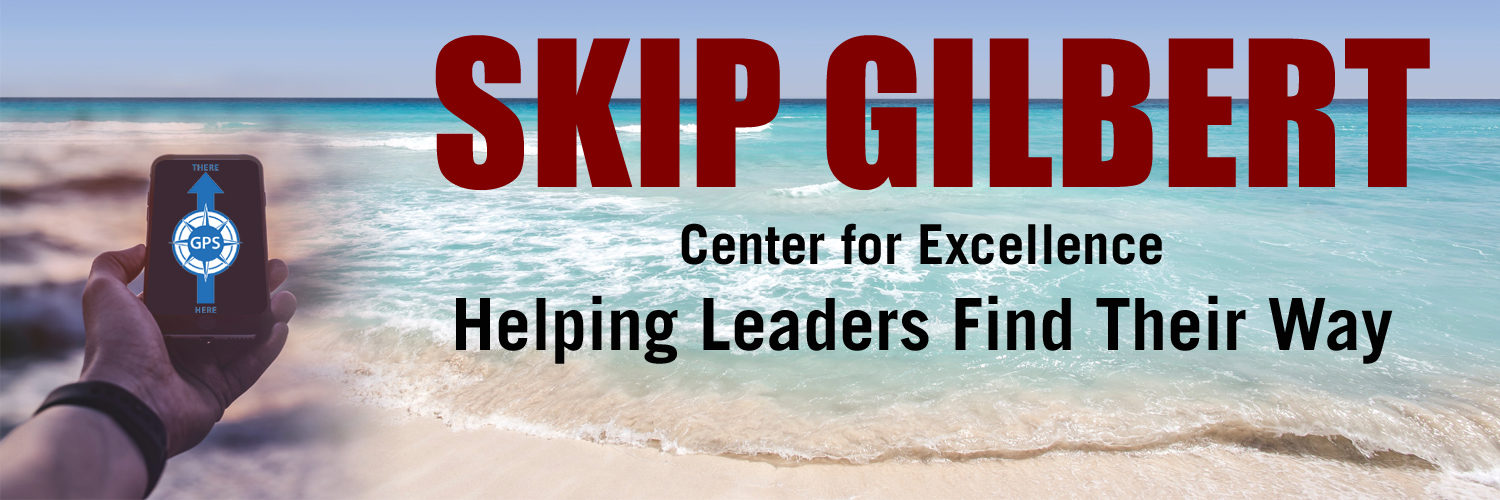
“Without continual growth and progress, such words as improvement, achievement, and success have no meaning” — Benjamin Franklin
The world is constantly changing, it has been and always will be. It is also a universal truth that our ability to prosper in a changing environment is dependent on our willingness to continually invest in our personal development through life-long learning. There is no shortcut and at the same time there is no higher return on investment available to us to increase our success, fortunes, and satisfaction. Investing in our ability to adapt and increasing our capability have no downside and for the most part cost us little beyond the work of executing a planned strategy.
We need to continue to grow which means developing our capabilities. When we stop learning we are stuck where we are. The world around us is going to continue to change and advance. If we are not willing to at least keep pace with the change, we will be left behind and just keeping pace with the change will not move us toward our goals. To thrive in a changing environment requires that we are developing our capabilities in a planned direction, with sufficient depth to increase our ability to provide value.
We master change through continuous learning. As an individual and a leader, continuous learning is about upgrading our skills and increasing our knowledge to be able to provide solutions in the future to questions that have not yet been asked. It is about combining our experiences with new ideas to have a better ability to adapt to new or different circumstances. Continuous learning involves viewing every experience as a learning opportunity and updating our understanding with the new information. We subjugate change to a common condition as we add to our knowledge and understanding and then apply our learnings to our environment. The very act of moving forward results in change and we become accustomed to change as a common component of every day life.
Our goals include personal growth. Continuous learning is such an important element in our personal growth and success that we should not leave it to chance. As we develop our annual development plans in alignment with our long-term career goals, it is important to identify specific educational and stretch-assignment opportunities to grow our experience. Ensuring that our goals have specific learning opportunities identified increases our understanding and enhances our capabilities.
The primary purpose of continual learning is to help us enhance our capabilities so that we are more effective in the future than we were in the past. This is the fundamental definition of the pursuit of personal excellence. In order to gain greater satisfaction from the results of our efforts, it is essential that we increase our capability. By investing in ourselves through continuous learning we enable ourselves to deal with future issues more effectively than we do today. We enable our future.
I have provided a framework for pursuing personal excellent in my book EXCELLENCE: You CAN Get There From Here! In the book I have outlined both a system for evaluating our strengths and talents and setting long-term goals and a process for pursuing those goals leading to greater personal success and satisfaction. These processes work together to help us set a direction and utilize continuous learning to maximize our ability to pursue personal excellence. We should not leave something as important as our personal success to the random whims of circumstance. If we are to be successful, we need to plan our success.
Here are 4 tips for achieving continual learning:
1) Set goals that include learning opportunities. Include learning opportunities in our goals for the year and track our progress. Take advantage of educational and stretch assignments as they are available. Look for online webinars and professional group meetings. All of these are valuable opportunities to expand our knowledge and may be more available than we realize.
2) Ask questions. The best way to get answers is to ask questions. Ask why and listen to the answer. We are not limited to having to learn through our own experiences, Ask others for their reasoning and knowledge.
3) Seek a mentor. Find someone that has greater knowledge and experience that can help guide us in our development. Ask them to leverage their experience and help us learn from their wisdom.
4) Solicit feedback. Ask for feedback so that we gain a better perspective of how we are perceived by others. This may help us better understand our shortcomings and provide insight into the plans we need to set for our development.
Pursuing professional excellence through continuous learning sets us on a path to pursue personal excellence. A common rule of thumb is that it takes five to seven years to achieve mastery in any profession or endeavor. The choice is ours. Where will we be in five years? If we follow the process and set a goal, make a plan and execute that plan every day, in just a few years we will find ourselves becoming one of the top people in our field. We will enjoy the benefit of being recognized as an authority in our area of expertise leading to greater financial rewards and overall satisfaction. Alternatively…let’s not even consider the alternative. Keep learning!
Thanks,
Skip Gilbert
![]()

Please note: I reserve the right to delete comments that are offensive or off-topic.